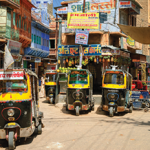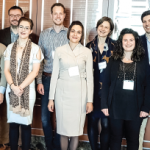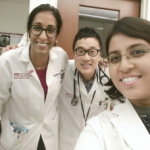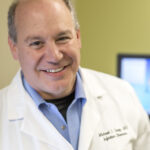In November 2017, I went to Lucknow, India, where I would spend my time as an exchange fellow at the Sanjay Gandhi Postgraduate Institute of Medical Sciences (SGPIMS) as part of the ACR International Visiting Fellows Exchange Program.
Where I Come From
I completed my medical degree at Mahatma Gandhi Missions Medical College, Navi Mumbai in Mumbai, India, and emigrated to the U.S. in 2000. I completed a residency in internal medicine at Mt. Sinai in New York in 2004. After graduation and over the past 15 years, I practiced in six states, and I have had exposure to different practice settings. During my residency and while working as a hospitalist, I saw the practice of medicine transition from direct patient care to an over-reliance on technology.
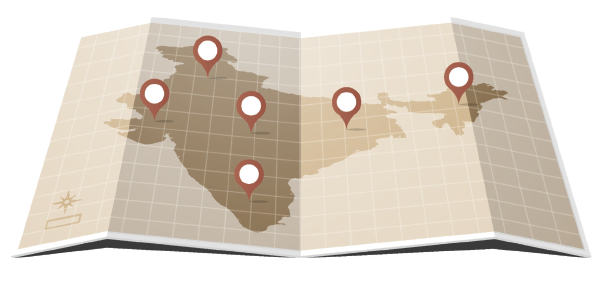
Zoran Milic / SHUTTERSTOCK.COM
I found that I enjoy following and taking ownership for my patients’ care over the long term, and I was increasingly concerned about the fragmentation of care. I decided to pursue a rheumatology fellowship because I was fascinated by the tremendous advancements in this field. I completed my fellowship (Louisiana State University, Shreveport) in July 2017 and started working as a community rheumatologist in Richland, Wash.
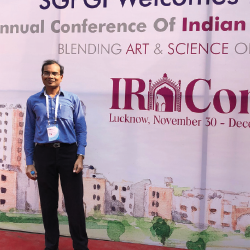
Dr. Bhatt attended the 33rd Annual Conference of the Indian Rheumatology Association, hosted by the Sanjay Gandhi Postgraduate Institute of Medical Sciences in Lucknow, India.
During my fellowship, I learned about the ACR’s International Visiting Fellows Exchange Program, which allows fellows to rotate to rheumatology practices in different countries. I applied for the ACR exchange program to India during my fellowship. When I learned I had been selected to participate in the Exchange Program, my first thought was that I wanted to see how medicine in India has changed since I left it 20 years ago.
Going Back to India
After the 2017 ACR/ARHP Annual Meeting in San Diego, where I met the Indian rheumatology team, I traveled to India. Usually the exchange happens in October, but I went later so that my trip would coincide with the annual Indian Rheumatology Association conference. The conference was held from Nov. 30–Dec. 3, 2017, at SGPIMS.
At the annual Indian Rheumatology Association conference, I was impressed by the doctors trying to do registry studies and research within the most resource-limited settings. I attended the ultrasound course at the conference. Education in India is more affordable than in the U.S.: the ultrasound course cost just $100. The ACR also had a presence at the conference.
